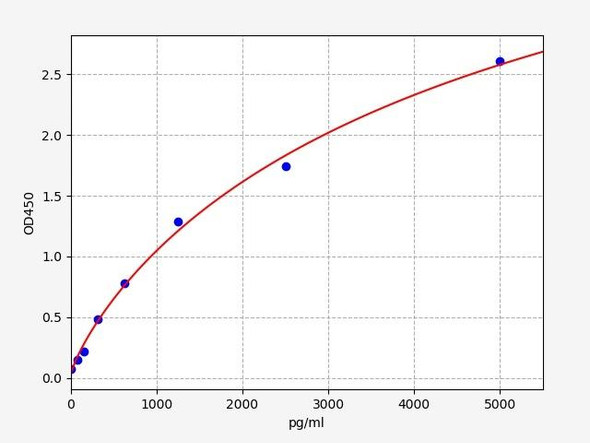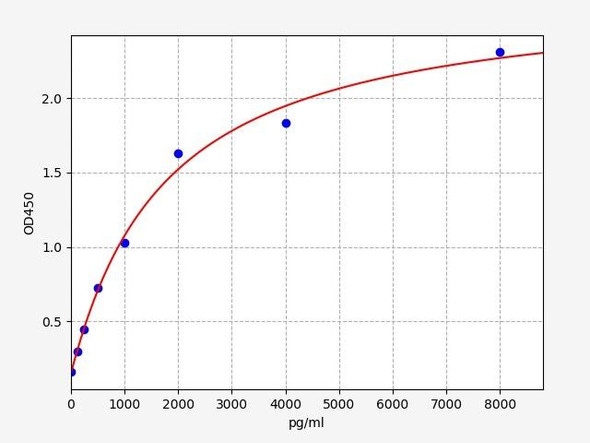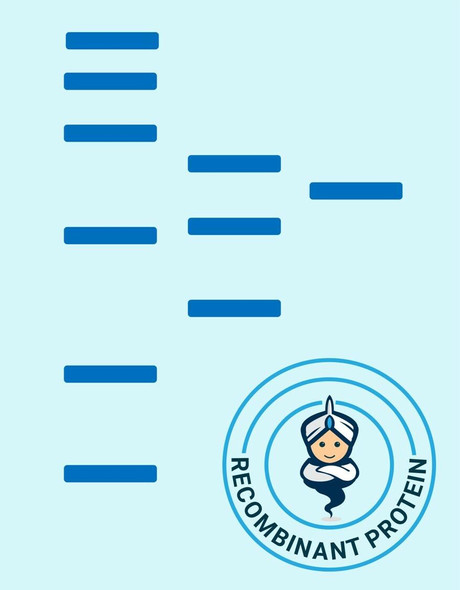| Background: | The protein encoded by this gene is a cytokine that is specifically induced by apoptosis, and it is involved in the control of angiogenesis, inflammation, and wound healing. The release of this cytokine renders the tumor-associated vasculature sensitive to tumor necrosis factor. The precursor protein is identical to the p43 subunit, which is associated with the multi-tRNA synthetase complex, and it modulates aminoacylation activity of tRNA synthetase in normal cells. This protein is also involved in the stimulation of inflammatory responses after proteolytic cleavage in tumor cells. Multiple transcript variants encoding different isoforms have been found for this gene. A pseudogene has been identified on chromosome 20. |
| UniProt Protein Function: | Non-catalytic component of the multisynthase complex. Stimulates the catalytic activity of cytoplasmic arginyl-tRNA synthase. Binds tRNA. Possesses inflammatory cytokine activity. Negatively regulates TGF-beta signaling through stabilization of SMURF2 by binding to SMURF2 and inhibiting its SMAD7-mediated degradation. Involved in glucose homeostasis through induction of glucagon secretion at low glucose levels. Promotes dermal fibroblast proliferation and wound repair. Regulates KDELR1-mediated retention of HSP90B1/gp96 in the endoplasmic reticulum. Plays a role in angiogenesis by inducing endothelial cell migration at low concentrations and endothelian cell apoptosis at high concentrations. Induces maturation of dendritic cells and monocyte cell adhesion. Modulates endothelial cell responses by degrading HIF-1A through interaction with PSMA7. |
| NCBI Summary: | The protein encoded by this gene is a cytokine that is specifically induced by apoptosis, and it is involved in the control of angiogenesis, inflammation, and wound healing. The release of this cytokine renders the tumor-associated vasculature sensitive to tumor necrosis factor. The precursor protein is identical to the p43 subunit, which is associated with the multi-tRNA synthetase complex, and it modulates aminoacylation activity of tRNA synthetase in normal cells. This protein is also involved in the stimulation of inflammatory responses after proteolytic cleavage in tumor cells. Multiple transcript variants encoding different isoforms have been found for this gene. A pseudogene has been identified on chromosome 20. [provided by RefSeq, Dec 2008] |
| UniProt Code: | Q12904 |
| NCBI GenInfo Identifier: | 85700432 |
| NCBI Gene ID: | 9255 |
| NCBI Accession: | Q12904.2 |
| UniProt Secondary Accession: | Q12904,Q6FG28, Q96CQ9, B3KTR2, B4E1S7, |
| UniProt Related Accession: | Q12904 |
| Molecular Weight: | 37,039 Da |
| NCBI Full Name: | Aminoacyl tRNA synthase complex-interacting multifunctional protein 1 |
| NCBI Synonym Full Names: | aminoacyl tRNA synthetase complex interacting multifunctional protein 1 |
| NCBI Official Symbol: | AIMP1 |
| NCBI Official Synonym Symbols: | p43; HLD3; EMAP2; SCYE1; EMAPII |
| NCBI Protein Information: | aminoacyl tRNA synthase complex-interacting multifunctional protein 1 |
| UniProt Protein Name: | Aminoacyl tRNA synthase complex-interacting multifunctional protein 1 |
| UniProt Synonym Protein Names: | Multisynthase complex auxiliary component p43 |
| Protein Family: | Aminoacyl tRNA synthase complex-interacting multifunctional protein |
| UniProt Gene Name: | AIMP1 |
| UniProt Entry Name: | AIMP1_HUMAN |

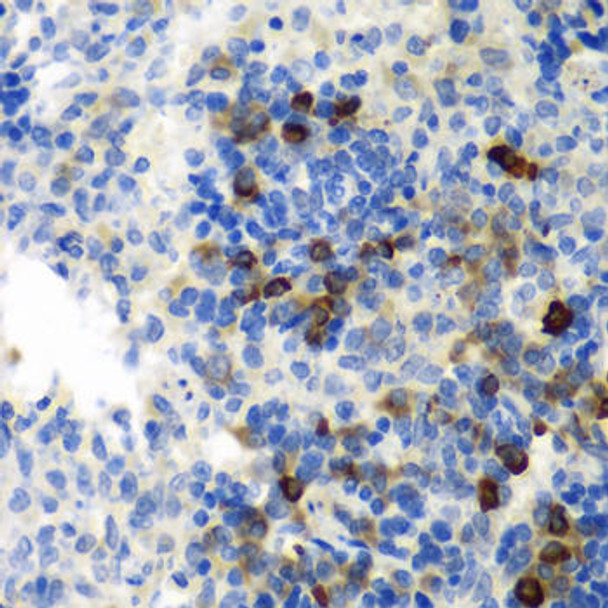
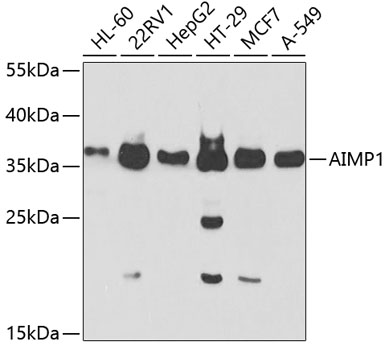
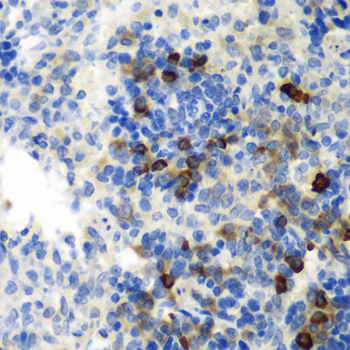
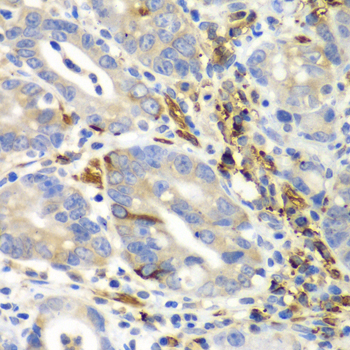
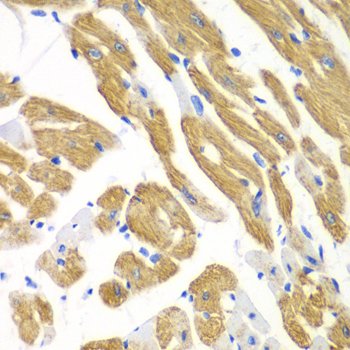
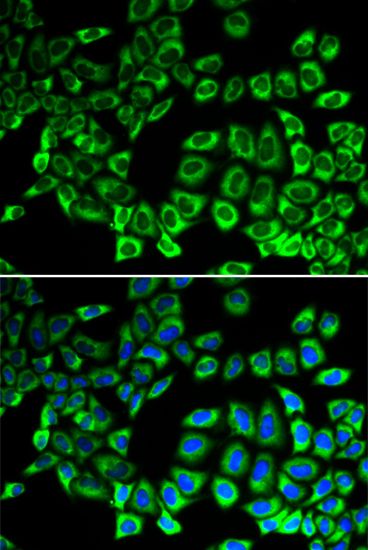
![AIMP1 Monoclonal Antibody [PAT6D10AT] (CPAB0082) AIMP1 Monoclonal Antibody [PAT6D10AT] (CPAB0082)](https://cdn11.bigcommerce.com/s-rd6ounxcu2/images/stencil/590x590/products/58310/63492/assay-genie-box-4__34058.1706534967.jpg?c=1)
